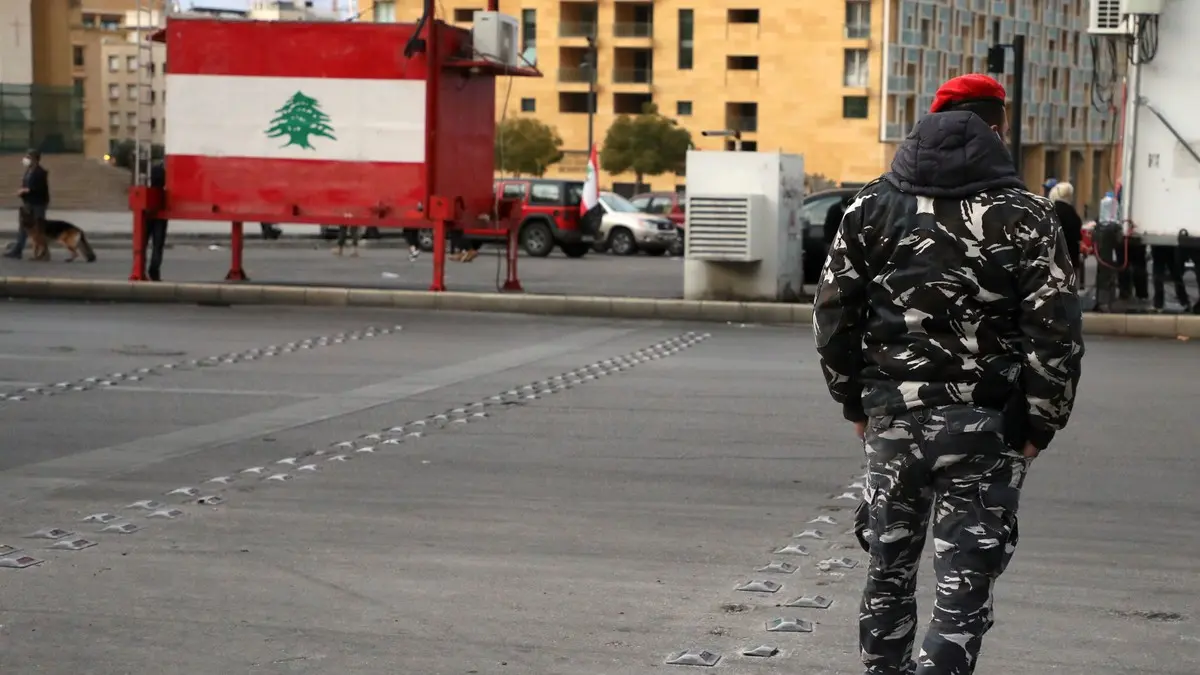Throughout the last few weeks, Lebanon has witnessed a notable spark in heinous crimes and offenses that continue to shock public opinion.
Between armed robberies, theft, assault and other crimes, the rise in the country’s crime rate has prompted authorities, including the Ministry of Interior and the Beirut municipality, to take action.
A Series of Measures
Lebanese Caretaker Minister of Interior, Bassam Mawlawi, announced a series of measures to counter the ongoing rates of criminality according to L’Orient Today, which include intensifying patrols across the country, increasing the number of security personnel and banning motorcycle traffic in Beirut due to a rise in snatch thefts.
Mawlawi also touched upon cross-border cooperation with the new Syrian authorities and highlighted that the Lebanese Army will maintain “increased surveillance” of Lebanese-Syrian border areas.
Mawlawi added that the number of arrests carried out by security services has increased, citing the apprehension of 1,920 individuals for various offenses in January and praising the “responsiveness” of security services in arresting suspects.
On his part, Beirut Governor Marwan Abboud issued a decision to regulate motorcycle traffic within Beirut governorate, prohibiting movement between 7 PM and 5 AM due to the security conditions.
Abboud’s decision exempts workers in the press, medical and hospital sectors, in addition to municipal police and employees, government employees, security forces, fire brigades, civil defense and all military agencies.
Those who are using motorcycles for urgent needs will have to provide proof or an official statement to obtain a special license from the governorate.
Abboud added that the decision came from the Central Security Council. On Tuesday, February 4, Abboud explained to Al Jadeed that they are waiting for a notification from the council and the formulation of the decision, which would give people around 10 to 15 days to prepare their papers.
This would include people registering their motorcycles, as many in Lebanon remain unregistered, and collecting their personal papers and official certificates.
“If we implement it immediately, we would be ending people’s livelihoods,” explained Abboud in his interview to Al Jadeed.
“The point of this [decision] is that we organize things, and allow those with legal status and ethics to roam the streets”.
From Chaos to the Rule of Law?
For many, Prime Minister-delegate Nawaf Salam’s upcoming government will have the colossal task of instilling a rule of law in the country, one where absent accountability and lawlessness would dissipate in favor of strict respect to legal provisions.
To achieve this, one of Salam’s most important tasks in the ongoing government formation process is to appoint competent ministers that align with Salam’s vision of improving Lebanon’s socioeconomic state of affairs, challenging the traditional quota-based politico-sectarian model.
Among the many contentious files in the country, that of the Ministry of Interior remains consequential. This includes ensuring the appointment of a competent and visionary Interior Minister, and a public administration employing staff that are up to the task of regulating the country’s internal security and stability.


